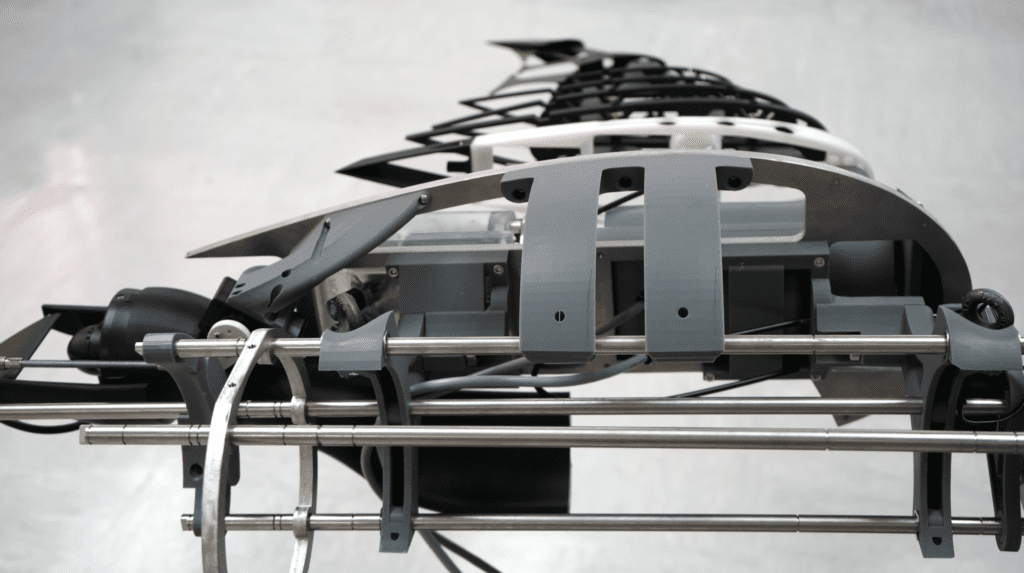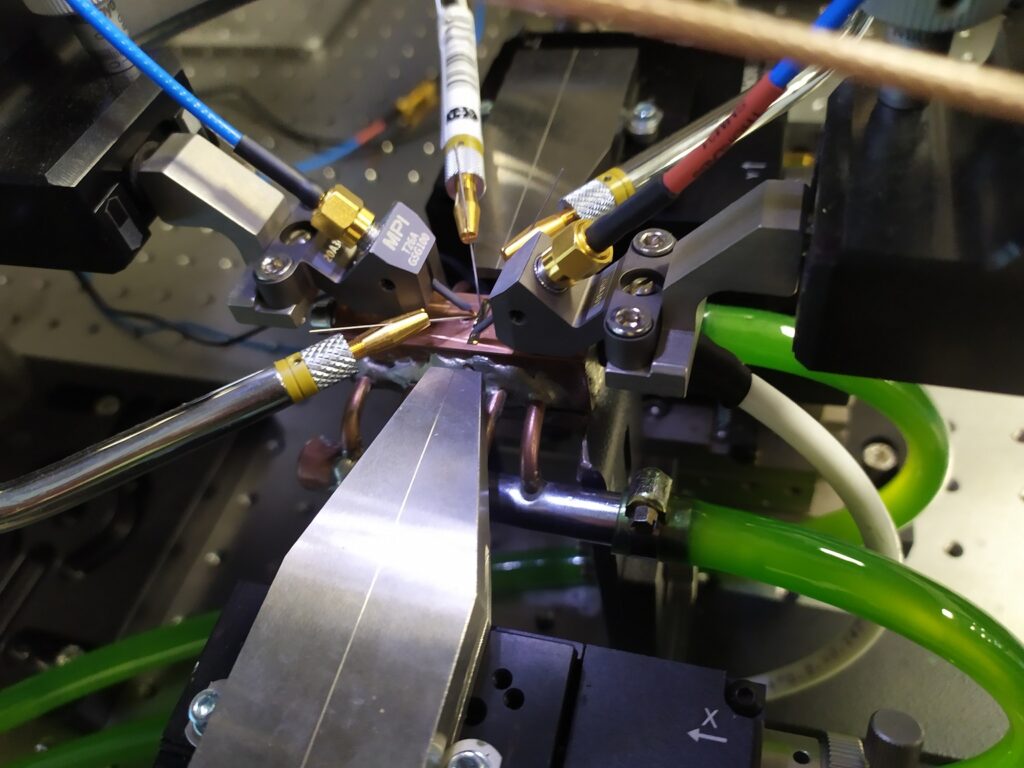Current research projects in collaboration
Robotics
UPM
Under Water Bioinspired Robots
The purpose of the Chair is to enable the joint implementation of activities and projects on matters of interest to society and UPM, which contribute to scientific and technological development in the field of underwater robotics and deeptech technologies. Additionally, the creation of the Chair serves the public interest, as society at large can indirectly benefit from the results. To achieve this objective, the following activities are intended to be developed within the scope of the Chair:
- Creation of a prototype underwater robot capable of descending to depths around 1000 meters.
- Development of joint research projects related to the thematic scope of the Chair and, specifically, the following topics:
- New materials
- Underwater communications

Photonics
QOPHI
Cátedras CHIP InitiativeUPV & UVIGO
Quantum Key Distribution chip
monodon is part, together with La Uvigo and other companies, of receiving aid from the Government of Spain from the ‘Cátedras Chip’ program, framed in the Strategic Project of Microelectronics and Semiconductors (PERTE Chip).
The University of Vigo will receive 4.7 million euros for the training of professionals in microelectronics. The project is called ‘Open Access to Tools for testing and characterization of New Generation Photonic and Electronic Chips-NEXTCHIP’ and will serve to train professionals in this sector and enhance research. We are developing a research about underwater optical communication.



This collaborative initiative aims to push the boundaries of Photonic Multi-Surface, simultaneously covering the UV, VIS, thermal IR and MW bands in the naval case. Optical communications security can be fundamentally improved with the addition of quantum key distribution (QKD).
Traditional cryptographic methods, while robust against many forms of cyber threats, are potentially vulnerable to attacks from quantum computers. QKD yield theoretically unbreakable security for data transmission, enabling immediate detection of intrusion in a signal by exploiting photon entanglement. Entanglement-based protocols focus around quantum states in which two objects are linked together, forming a combined quantum state. The concept of entanglement means that measurement of one object thereby affects the other.
The quantum nature of QKD, grounded in the principles of quantum mechanics, allows for the immediate detection of any intrusion attempts, as any eavesdropping effort invariably alters the quantum state of the key, signaling a potential security breach. This makes unauthorized access to communication keys exceedingly difficult, if not impossible.

NANO/Intelligent Systems
UC3M & U. MICHIGAN
BioInspired Materials Lab

In this collaborative project with monodon, the BioInspired Materials Lab will work on the development of a bioinspired underwater robot. The research tasks will include the design and fabrication of soft compliant structures with controlled actuation for underwater propulsion.
The specifics of the project will be discussed and agreed upon between UM and monodon, and coordinated with The research group will also one visiting scientist from monodon or other Spanish research institutions for the duration (complete or partial) of the project.
In other hand, we are researching about metastructures, new materials and smart materials.

Current development projects
OPTIMAS – Free Space Laser
Communication · EDF 2023 · OPTIcal MilitAry Secure communicationsOPTIMAS will define, design, and test an airborne laser communication system applicable to various satellite constellations for integration into air, naval and land units.
OPTIMAS aims to develop a robust free-space optical communication solution for multi- domain defence applications, highlighting the challenging demonstration of linking an unmanned aerial vehicle and a satellite with a high data transfer rate and potential quantum key distribution capability. The project will define, design, and test an airborne laser communication system applicable to various satellite constellations for integration into air, naval and land units. The demonstrator will focus on a secure, high-speed bidirectional communication with low earth orbit satellite pointing, acquisition and tracking functions.
AUSPIRE
Australia-Spain Network for Innovative Research ExcellenceAuSpire (Australia-Spain Network for Innovative Research Excellence) is an ambitious training program on Planetary Wellbeing that will produce a new crop of researchers capable of tackling global challenges through interdisciplinary training and research projects spanning borders and sectors through collaborations with academia, industry, government and society in Spain and Australia.
Monodon and Rmit Melbourne will work together on research projects about Photonics.
Cátedras Chip
Cátedras Chip initiativeMonodon is part, together with La Uvigo and other companies, of receiving aid from the Government of Spain from the ‘Cátedras Chip’ program, framed in the Strategic Project of Microelectronics and Semiconductors (PERTE Chip). The University of Vigo will receive 4.7 million euros for the training of professionals in microelectronics. The project is called ‘Open Access to Tools for testing and characterization of New Generation Photonic and Electronic Chips-NEXTCHIP’ and will serve to train professionals in this sector and enhance research.
We are always looking for:
New Phd´s Students interested in some our 5 core technologies:
- Quantum Sense
- IA for underwater Data Collection
- Backend developer
- Advanced materials for marine environment.
- UAV´s developers and Swarm strategies for marime vessels
"*" indicates required fields


